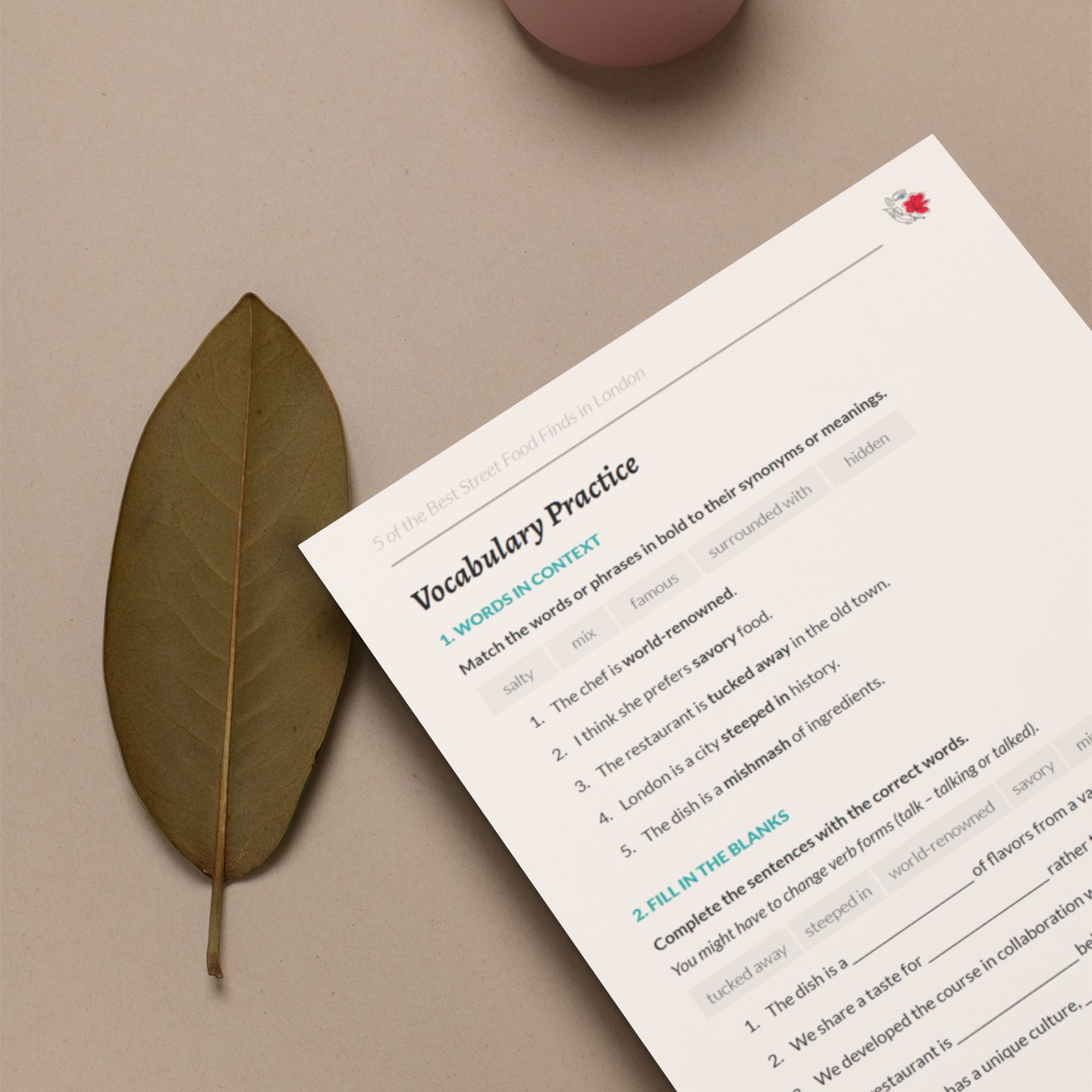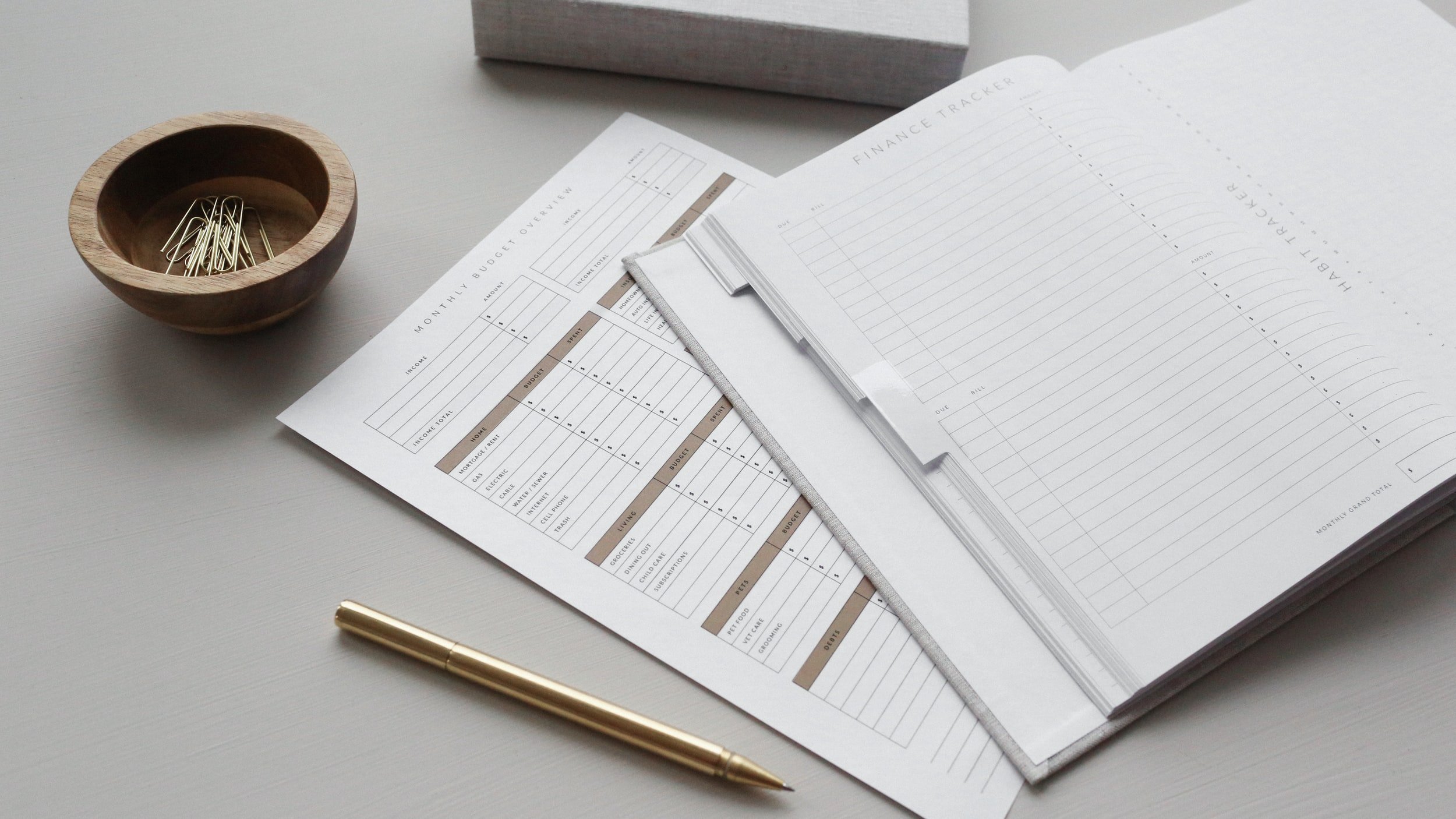What’s the Meaning and Difference Between Although, Even Though, and Though?
As an English learner, you’ve probably come across words with a difference in meaning so slight it made you wonder which one to choose.
Although, even though and though are great examples here. How do you decide which one to use?
We use although, even though and though to introduce a contrasting idea, and usually one that’s unexpected or surprising.
Let’s consider the following examples:
Although she joined the company a year ago, she has been promoted twice.
Even though I was only six, I can still remember the story.
Though it’s a bit late, I would like to go out.
Most of the time although, even though and though can be used interchangeably with no differences in meaning.
As conjunctions, they connect two clauses. The one they introduce is called a subordinate clause, and it needs a main clause to complete its meaning.
“Although I worked really hard” is a subordinate clause because it can’t stand on its own, it needs another clause to make sense: “Although I worked really hard, I didn’t get the promotion.”
Teaching English Just Got Easier!
Save hours of time with an organized collection of high quality, easy-prep ESL lesson plans and worksheets right at your fingertips!
The Difference Between Although, Even Though & Though
Even Though For emphasis
Although, even though and though are almost identical, but even though is the right choice when we want to make a stronger contrast between the expectation and the actual result.
Example
Even though he left school at 16, he still managed to become prime minister.
Because he dropped out of school, becoming a prime minister is certainly an unexpected outcome.
Though for Informal Spoken English
In general, though is used more frequently than although especially in spoken English. They convey the same meaning but although is thought of as a more formal choice.
In spoken English, we can use though with the word “thanks” to show gratitude when rejecting an offer or when an action is no longer necessary.
Example
Would you like something to eat?” “Oh! I’ve already had lunch. Thanks, though!
Position in a Sentence
When it comes to sentence position, though is definitely the most versatile, as it can be placed at the beginning, middle, or even at the end of the sentence.
Examples
Though he practiced a lot, he failed his driving test.
He failed his driving test, though he practiced a lot.
He practiced a lot. He failed his driving test, though.
We put although or even though at the beginning or in the middle position, but not at the end of the sentence or in front of adjectives, as in the previous example.
Though as an Adverb
Though can be used as an adverb to express an idea or opinion that weakens the statement of the main clause. In this use, it is not interchangeable with although, and it conveys a meaning similar to “however” or “nonetheless”. In this case, it often goes at the end of the sentence.
Example
That’s a lot of money for a ring.” “It’s totally worth it, though.
Though Meaning “But”
In some cases, though can be used to mean “but” as in the following examples:
I think she’s coming at 6 pm. I’m not sure though.
She doesn’t usually drink tea. She’s already had two cups today though.
This use of though is common in spoken English where it normally comes at the end of the sentence.
Although and Though in Formal Contexts
Both although and though can appear in formal contexts to introduce:
1. Clauses without verbs (reduced clauses)
Though unlikely, she still got her money back.
(Though it was unlikely, she still got her money back.)
2. Introduce -ing clauses
Although getting a good night rest is important, many people aren’t getting the sleep they need.
I hope this has helped you with using although, even though and though! If you have any questions, let me know in the comments below. Thanks for reading!
About the Writer
Sol is an English teacher and a self-professed grammar geek. As a writer for In English With Love, her mission is to create content that will help encourage and inspire English learners.














